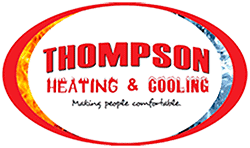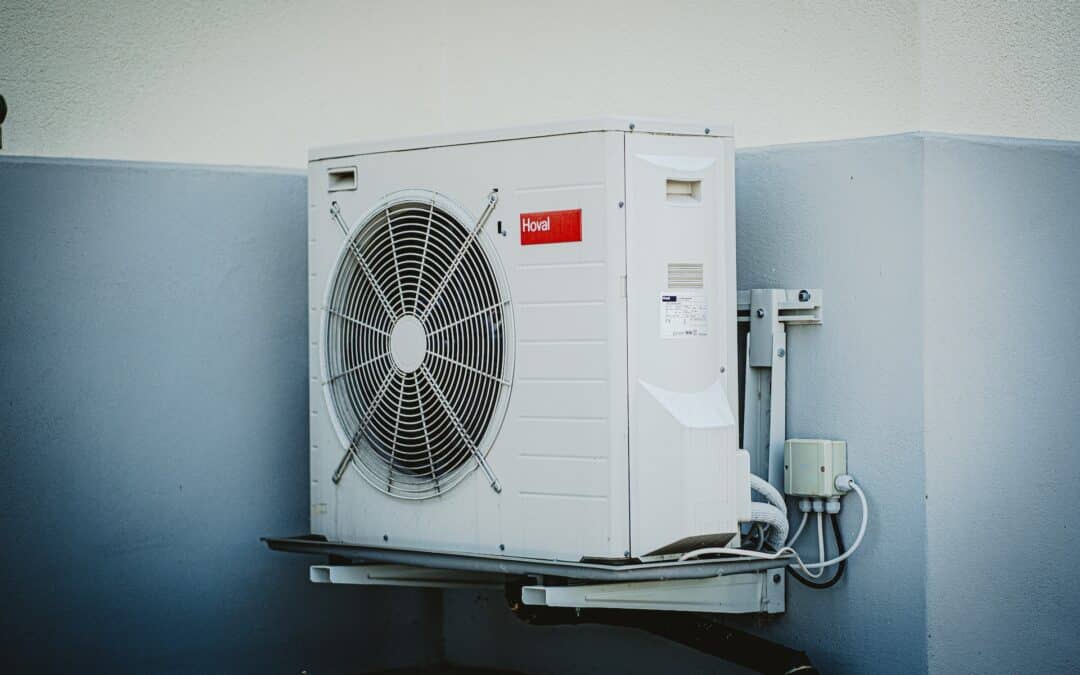As energy costs continue to rise, many homeowners are looking for ways to improve their home’s energy efficiency and reduce their environmental impact. One effective method is investing in an energy-efficient heating system that will not only decrease your energy consumption but also provide a comfortable living environment during the colder months. Thompson Heating & Cooling has been providing quality whole-home comfort services, including energy-efficient heating solutions, to residents of La Grange, Louisville, and the surrounding areas since 2003. Our commitment to offering top-quality products from manufacturers such as Ruud and Mitsubishi ensures that our customers receive reliable, efficient, and eco-friendly heating options.
Energy-efficient heating systems not only benefit the environment but can also lead to substantial cost savings on your energy bills. However, with various heating technologies available on the market, selecting the right system for your home can seem daunting. In this comprehensive guide, we will discuss different energy-efficient heating options, their advantages, and the factors to consider when selecting the best heating system for your home.
Types of Energy-Efficient Heating Systems
When selecting an energy-efficient heating system for your home, it’s essential to be familiar with the various options available on the market. Here, we will discuss some popular energy-efficient heating technologies:
- High-efficiency furnaces: Modern furnaces can achieve efficiency ratings of up to 98%, which means that 98% of the fuel consumed is converted into heat for your home. These furnaces often utilize features such as modulating burners and variable-speed blower motors to maintain consistent comfort levels while minimizing energy consumption.
- Heat pumps: Heat pumps transfer heat from one place to another, making them a highly energy-efficient heating and cooling solution. Air-source heat pumps extract heat from the outdoor air, while geothermal heat pumps use the consistent temperatures of the ground or nearby water sources. Both types of heat pumps can offer significant energy savings compared to traditional heating systems.
- Ductless mini-splits: These systems consist of an outdoor unit connected to one or multiple indoor air handlers, providing zoned heating without the need for ductwork. Ductless mini-splits are known for their energy efficiency and the ability to customize temperature settings for individual rooms, further enhancing home comfort and energy savings.
- Radiant floor heating: Radiant floor heating systems utilize heated water or electric coils embedded within the flooring to provide consistent, comfortable warmth throughout your home. These systems are not only energy efficient but also provide an even heat distribution, enhancing overall home comfort.
Advantages of Energy-Efficient Heating Systems
Investing in an energy-efficient heating system offers several benefits:
– Cost savings: Energy-efficient systems use less energy to maintain comfortable indoor temperatures, resulting in lower utility bills and long-term savings.
– Environmental impact: By consuming less energy, you’ll reduce greenhouse gas emissions and decrease your home’s overall carbon footprint.
– Enhanced home comfort: Advanced features in energy-efficient heating systems, such as variable-speed motors and zoned heating capabilities, allow for more consistent and customizable comfort levels throughout your home.
Factors to Consider When Choosing a Heating System
Selecting the most suitable energy-efficient heating system for your home involves considering several factors, including:
- Climate: Your local climate can play a significant role in determining the ideal heating system for your home. For instance, heat pumps work most efficiently in mild climates, while high-efficiency furnaces may be better suited to colder regions.
- Home size and insulation: The size of your home and the quality of its insulation can impact the heating system’s overall efficiency. A larger or poorly insulated home may require a more powerful heating solution to maintain consistent comfort levels.
- System efficiency rating: When comparing heating systems, look for their efficiency ratings – Annual Fuel Utilization Efficiency (AFUE) for furnaces, Seasonal Energy Efficiency Ratio (SEER) and Heating Seasonal Performance Factor (HSPF) for heat pumps, and Energy Efficiency Ratio (EER) for ductless mini-splits. Higher ratings indicate greater energy efficiency.
- Budget: Factor in both the upfront cost of the heating system and the estimated long-term energy savings when determining your budget. While energy-efficient systems may have higher upfront costs, the long-term savings can often offset the initial investment.
Professional Installation and Maintenance
Proper installation and regular maintenance play crucial roles in ensuring the optimal performance and longevity of your energy-efficient heating system. Partnering with experienced professionals, such as the team at Thompson Heating & Cooling, should be an essential part of your plan when upgrading to a new heating system.
A professional HVAC technician will ensure that your heating system is correctly sized and installed in your home, guaranteeing maximum efficiency and comfort. Furthermore, annual maintenance can help identify potential issues, improve system efficiency, and extend the lifespan of your heating system.
Conclusion
As homeowners continue to search for ways to reduce their energy consumption and environmental impact, investing in an energy-efficient heating system is a smart choice. By assessing the different heating technologies, evaluating factors such as climate, home size, and budget, and partnering with professional installation and maintenance services, you can find the perfect energy-efficient heating solution for your home. Trust the experts at Thompson Heating & Cooling to guide you through the process of selecting and installing the best heating system for your home, ensuring optimal comfort, energy savings, and a reduced environmental impact. Contact our HVAC company in Kentucky today.






